A Broken Clock is Right Twice a Day: How to work with a coworker who always has to be right

Welcome guest blogger Kevin Sheridan – an internationally-recognized keynote speaker and New York Times Best Selling Author. He spent 30 years as a high-level Human Capital Management consultant, helping some of the world’s largest corporations rebuild a culture that fosters productive engagement.
Ever worked with a coworker who consistently needed to be right? Even when shown clear evidence to the contrary, some people cannot admit when they’re wrong. Simply put, working with that type of person is not fun.
Unfortunately, a stubborn attitude can create conflict in the workplace and threaten coworker comradery. Instead of letting yourself get pulled into an argument, try these 4 surefire strategies to successfully work with these know-it-alls:
- Let them win. Rather than expending energy and time trying to convince them otherwise, redirect that energy toward a workplace issue or coworker that is far more important to you.
- Walk away. Unless the stance this individual is taking will be severely damaging to your brand or customers, it is best to disengage yourself from the dialogue and simply let the person go argue with someone else.
- Talk to their boss. Recognizing that your relationship is a peer-to-peer one, leverage the management structure by speaking to their boss and encouraging them to have a coaching conversation, especially if this individual’s stance or decision will be damaging to the company. (People are much more likely to take criticism seriously and consider alternative viewpoints when prompted by their boss, rather than a peer.)
- Let them fail. When people fail, they are more likely to see that their original position was not correct. You can make an attempt to help people see that their approach/solution was not the right one, but this direct approach can often add fuel to the fire. Instead, you might gingerly ask your coworker if, in retrospect, he or she would have handled things differently. (This is a sage and somewhat sneaky way of letting people discover the better perspective on their own.)
The need to always be right is a factor of having low emotional intelligence (EI). It can be difficult to work with colleagues who have low EI, and you will most certainly have to put your own EI to even greater use in these situations. Although it’s more work, I highly recommend trying your hardest to avoid conflicts with people who always have to be right. Your energy will most certainly be put to better use elsewhere.

